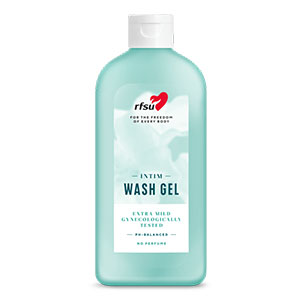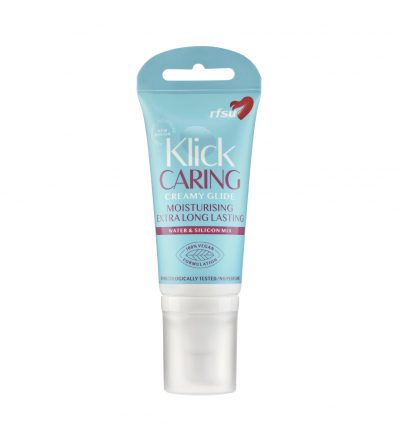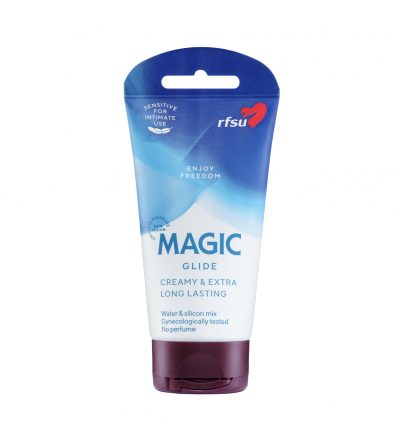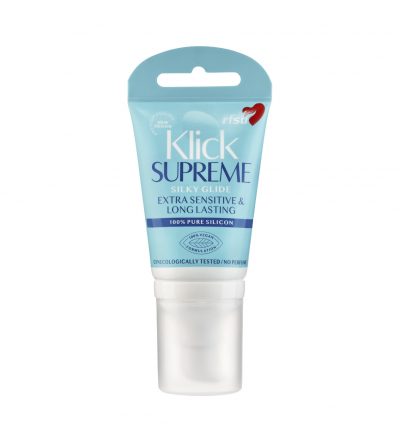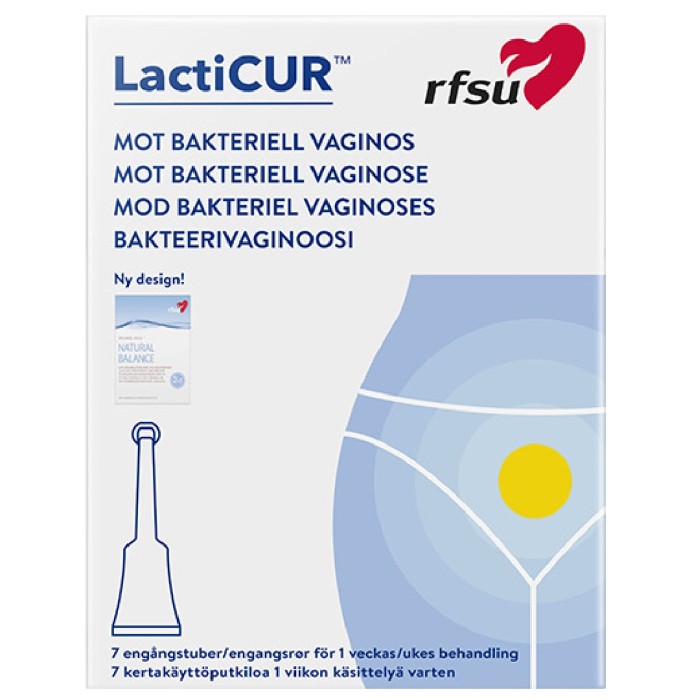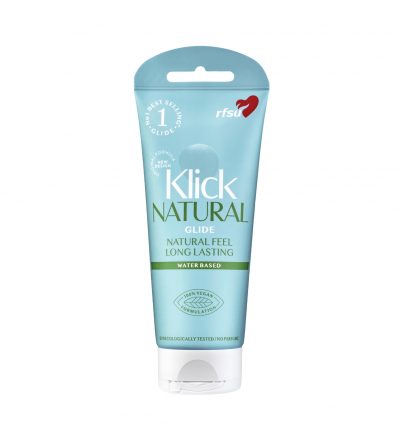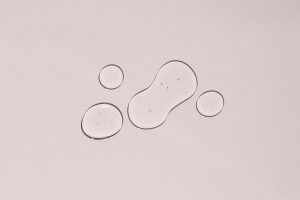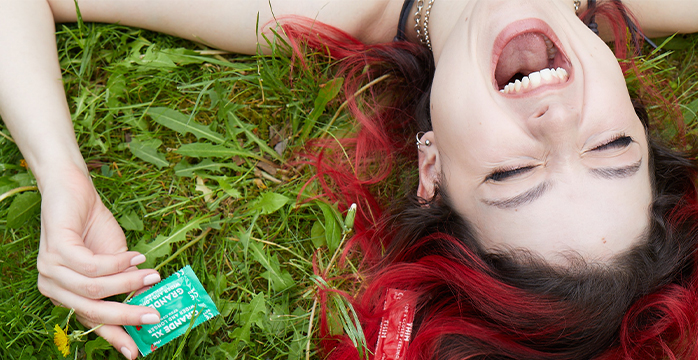
Wonderful mucosa
When it’s healthy, it’s pink, thick, moist and acts like its own little ecosystem. But it can also suffer from imbalance, fungus and other less pleasant things. Welcome to everything you need to know about the lining of the vagina and how to help it feel good!
When the lining of the vagina is well and healthy, it is light pink, thick and full of estrogen. But just like other parts of the body, it can suffer from various types of problems.
“It can get dry, sting or suffer from various infections such as fungus and bacterial vaginosis, for example,” says Lina Isaksson, midwife at the RFSU clinic.
Discharges keep the mucous membrane moist and free from bacteria and infections.
To avoid problems, it is often a good idea to let the vagina and mucous membranes take care of themselves as much as possible.
“The mucous membrane of the vagina is like its own little ecosystem and has a fantastic ability to stay clean and healthy. The more you let it be, the better it often feels,” says Lina Isaksson.
In the vagina, there is a unique composition of mainly lactic acid bacteria that protect against harmful bacteria and infections.
“They create an acidic environment that means that other types of bacteria don’t thrive. This is why you should be careful and not wash yourself too much, because you risk washing away the good bacteria that are so important for the vagina and mucous membranes to feel good.
The mucous membrane cleans itself
The vagina cleans itself through discharge. These discharges help keep the mucous membrane moist and free from bacteria and infections. Excessive washing may actually increase the risk of various types of infections, such as bacterial vaginosis and yeast.
“You should try not to upset the balance in the vagina as much as possible. Wash it no more than once a day and avoid strong soap. If you want to use something other than water, feel free to use a parfume-free oil such as almond oil or similar,” says Lina Isaksson.
If you still want to use a soap, you should use one that is specially adapted for the intimate parts and only wash the outside of the labia and the bottom.
The mucous membrane changes with age
Estrogen levels in the body drop with age, and in menopause the lining of the vagina can get drier, thinner and more fragile. This makes it more susceptible to infection.
“If you feel you’re having problems with the mucous membranes, that you get dry or have a burning sensation for example, try estrogen treatment. There are products that act locally and make the mucous membranes thicker and more resistant again. There are also products without estrogen that help with dryness. But estrogen is the most effective.
Take care of your mucous membrane
Many common problems are caused by exposing the vagina and mucous membranes to stress of various kinds. For example, if you wash yourself too much or you have intimate sex without the vagina being sufficiently dilated and wet.
“Having penetrative sex when the body is not excited enough can make it itchy and irritated, so it should be avoided.”
Lubricants can, for example, make it easier to get aroused in a way that is more pleasant, which in turn can increase stimulation,” says Lina Isaksson. If you are excited but still find it difficult to get wet, a lubricant can be a great aid. But you shouldn’t use lubricant to be able to have sex when you’re not feeling horny.


